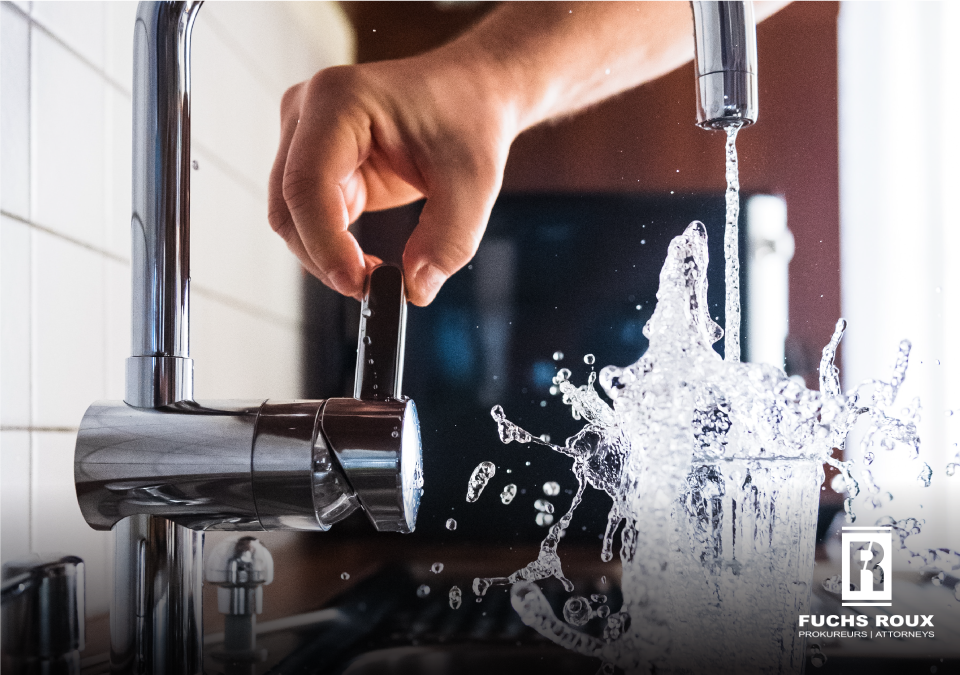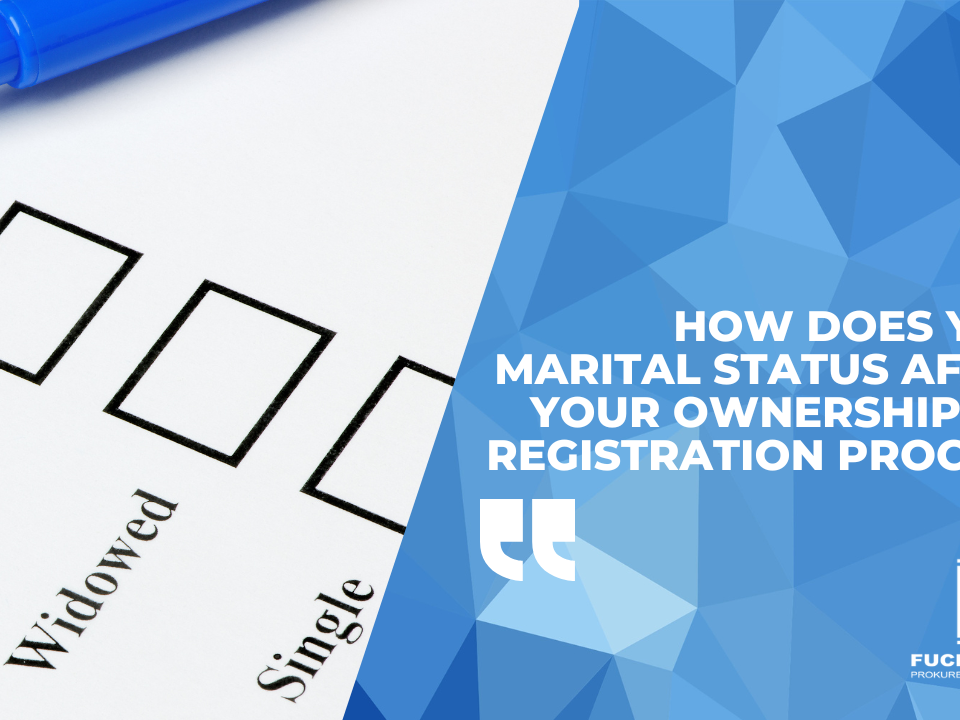
Can marriage officers refuse to solemnise a same-sex civil union?
August 23, 2021
The current state of the rental market
September 29, 2021Having a Wikipedia page dedicated to a years-long national drought is not something any country wishes for. Yet, that is exactly what South Africa has achieved. South Africa has always been a country prone to droughts and has become rather resilient against the threatening heat, but when the rainfall lost its regular pattern across most of the country and almost entirely disappeared in some of the southernmost parts in 2018, no one was prepared for the dire effects that would follow over the next two years. While most of the country has since recovered, there are still parts of South Africa that are struggling to find their feet again.
In the wake of such an event, it is vital that we learn how to preserve our resources and become more water-wise in our daily routines.
Fix dripping taps
There’s nothing as irritating as a dripping tap in the middle of the night, but the waste of water may be even more troublesome. The amount of water wasted through something as small as a dripping tap can amount to roughly 30 litres per day: Not a small amount for such a small nuisance.
The same concerns apply to all dripping faucets, pipes, and connections, where the accumulation of wasted water can be staggering. Toilets and washing machines may be the biggest culprits for loose connections and small leaks, but each home’s water usage is unique and requires you to analyse any possible areas of concern specific to your home.
Reconsider your bathing routine
Especially in the winter months and after a long day’s work, it can be tempting to wind down in a warm bath, topping up the warm water every now and then once the water’s temperature lowers. But the average bathtub can take between 80 and 130 litres of water (without taking the “top-up” into consideration). So unfortunately, in our climate and current recovery state, it is advisable to shower more regularly, leaving long soaks in the bathtub for special occasions.
What many people do not realise, though, is that showers can be as wasteful as baths. Showers use approximately 10 litres of water per minute, so it’s important to remember that staying in the shower for prolonged periods of time can also lead to excessive water use (a 10-minute shower usually equals a bath in water usage). So, keep your showers as short as possible (under five minutes) as often as possible.
Those who are able (and willing) to take showers and baths with their partners, may be able to make the most significant cut in their water usage, by halving the overall water usage. For those who prefer the solitary experience, setting a timer may be the best.
Recycle water where possible
One household item that many people neglect to consider when they think about water usage is the washing machine. The average washing machine can use between 60 litres (for front loaders) and 140 litres (for top loaders) per cycle; water that, just like our bathing water, goes directly down the drain again. While there are numerous eco-friendly washing machines that minimise the water usage drastically, not everyone can purchase a new washing machine on a whim. The best alternative is to find a way to recycle the water used for uses such as garden irrigation. This may require a bit of DIY engineering and a bit of extra effort on your end, but the ultimate water savings will be substantial.
Most of the country is free from water restrictions at the moment, but it is important that we curb our water usage in an effort to avoid having those restrictions imposed on us again. If you’re looking for ways in which to improve your home’s water usage or looking for a home where you can implement more water-wise solutions, get in touch with us to help you.
This article is a general information sheet and should not be used or relied on as legal or other professional advice. No liability can be accepted for any errors or omissions nor for any loss or damage arising from reliance upon any information herein. Always contact your adviser for specific and detailed advice. Errors and omissions excepted (E&OE)


